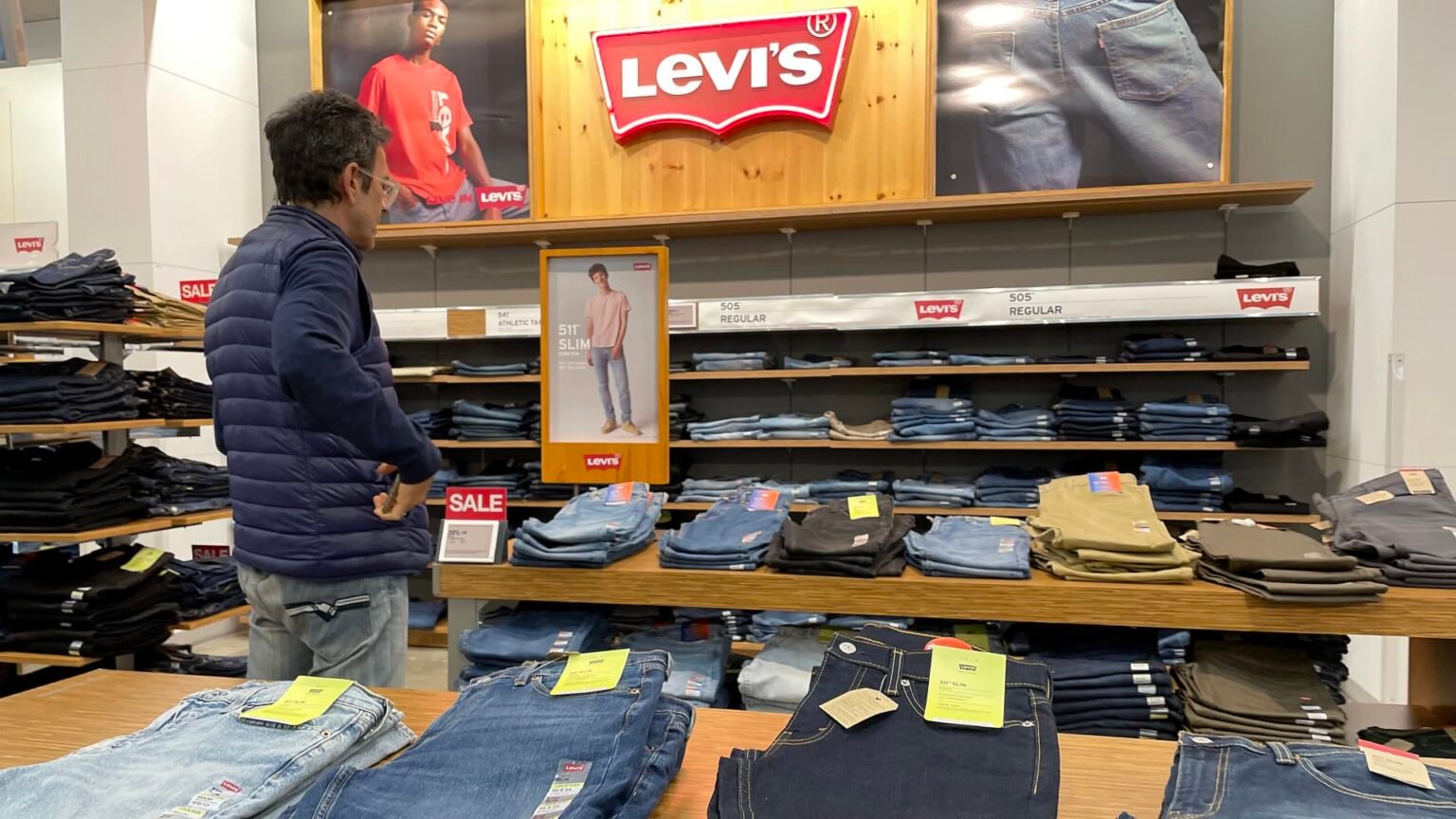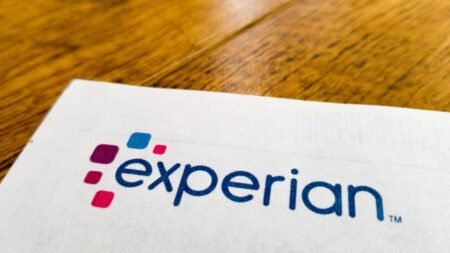Levi Strauss & Co reported strong sales growth in their Levi’s brand during the fiscal third quarter, but overall revenue was lower than expected due to the performance of their Dockers brand. The company is now considering selling off Dockers and has tapped Bank of America to lead the sale process. Sales at Dockers were down 15% during the quarter, while Beyond Yoga, another brand owned by Levi’s, saw sales grow by 19%. The decision to exit Dockers is expected to improve the company’s overall margins and minimize volatility in top-line growth.
Levi’s is focusing on growing profitability by shifting its focus to selling directly to consumers rather than through wholesalers. Their direct channel sales were up 10% during the quarter, with 16% growth in e-commerce. Direct sales comprised 44% of total revenue, and Levi’s aims to increase this number to 55%. The company’s gross margin rose by 4.4 percentage points, driven by the direct-selling strategy, lower cotton costs, and better products that did not need to be marked down. Levi’s is investing in splashy marketing campaigns, including a new partnership with Beyoncé, to drive sales and attract customers.
Sales in Levi’s Europe business exceeded expectations, but sales in the Americas and Asia fell short. The company saw $406.6 million in sales in Europe, which was higher than anticipated, but sales in the Americas and Asia were below expectations. Levi’s faced challenges in China due to macro headwinds and execution issues, but the company remains optimistic about the long-term potential of the region. In the Americas, sales were impacted by a cybersecurity breach at one of Levi’s largest wholesale customers in Mexico, which constrained shipping times and affected sales.
Levi’s reported net income of $20.7 million, or 5 cents per share, for the third quarter, compared to $9.6 million, or 2 cents per share, a year earlier. Excluding one-time items, the company posted earnings of $132 million, or 33 cents per share. Sales came in at $1.52 billion, slightly higher than the previous year. The company reaffirmed its full-year adjusted earnings per share guidance of $1.17 to $1.27, but trimmed its revenue guidance to expecting 1% growth. Levi’s believes that by exiting Dockers, they will be able to improve overall margins and allow both Dockers and Levi’s to operate independently and maximize their value.
Overall, Levi’s is making gains in its profitability by focusing on direct sales to consumers and investing in marketing campaigns to attract new customers. The company is optimistic about the long-term potential of key regions such as China, despite facing challenges in the short term. By considering selling off Dockers, Levi’s aims to streamline its business and improve its financial performance. The denim brand’s strategic decisions and focus on direct-to-consumer sales are expected to drive growth and profitability in the future.











